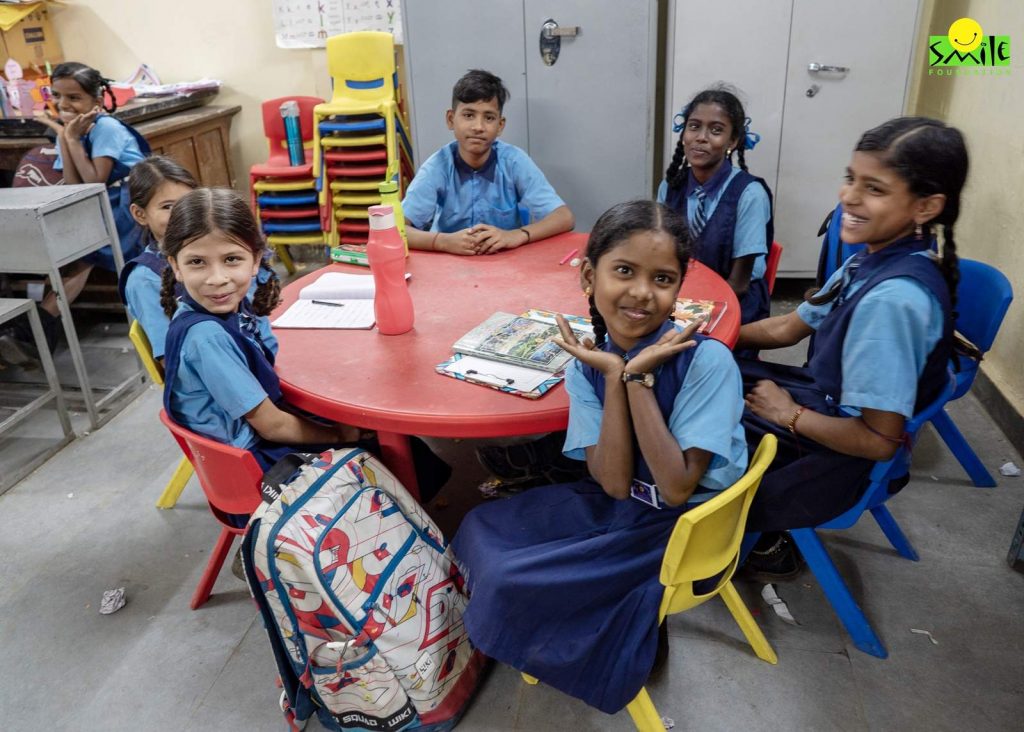For children, contextual factors play a crucial role in developing their foundational skills. These factors help a child relate intrinsically to the world leading to directly acquired insights by way of mindfulness. In EU and ASEAN nations the aspect of Early Childhood Education (ECE) has been a primary aspect in policy making as development of a child has both individualistic as well as societal benefit.
Background and The Need Of ECE Programmes For Children
At an individualistic level, it may lead to better societal participation of a child- kind, socially and emotionally connected individuals while at a deeper level it improves happiness and emotional quotient. This leads to reduction of crime rate, corruption and hate crimes. The United Nations have made it compulsory along with many countries of EU to compulsorily adapt frameworks of ECE as a part of its International Standard Classification of Education (ISCED).
In medical terms 90% of development of the brain happens before a child reaches Kindergarten school. Apart from regular school-based formal education at this age, it is extremely important to nurture the cognitive strengths of children. ECE massively helps a child to develop social skills such as interpersonal communication, sharing and accepting emotions in the rightful manner.
According to a popular study, children exposed to ECE at a very early age are very likely to complete graduation smoothly without any hindrances. Keeping in mind the magnanimous benefits of ECE, governments in several countries are developing educational policies to ensure uniform application of mindfulness-based ECE as it also helps working parents to manage the holistic development of their child.
Long Term and Short Term Benefits of Early Childhood Education
In terms of socio-economic analysis, a popular study by academicians of University of Virginia discusses both short term and long term benefits of ECE. Specifically the study revealed that ECE has exceptionally been a strong aspect for children with parents from lower income group, as the structured programmes made the children academically stronger to take up junior school education and be emotionally mature.
Children who received well structured ECE programmes get benefits of diminished ‘convergence’. In simple terms whatever the societal attitude may be the children who have grown emotionally calm by way of ECE programme have developed less negative behavioural traits.
The immediate benefits of ECE programmes:
- The wholesome growths of personal, experiential, cognitive and societal factors facilitate enhanced learning of new skills.
- ECE strongly facilitates social group adaptation which alter proves in to a greater means of inclusive attitude towards people of different nationality, race, ethnicity, gender etc.
- Better emotional control, dynamic personality and culturally adaptive with higher states of concentration.
- ECE very much forms a part of Human Resource Development in terms of Economic indexes for any nation. Thereby we observe better happiness, emotional balance, productivity and enhanced learning experiences among individuals receiving ECE.
- It enhances a child’s performative functions such as calculation speed. Lack of predetermined time enhances creativity and critical thinking skills.
In fact the enhanced insight and emotional benefit are even accounted for in many countries as a part of the GDP in forms of opportunity costs and indirect costs. A prime example of such a model in Asia can be Bhutan which heavily developed and connected ECE and emotional wellbeing based education with Environmental, Social Governance models for better productivity of a nation as a whole.
The enhancement of human capital that an individual achieves is determined by several factors, such as innate ability, family characteristics (e.g. factors related to income or education), the cognitive and non-cognitive skills acquired and its allied skill empowerment proves to be significant in development of a nation. Even following the mindfulness and happiness education models were adopted in Delhi based schools in India following the path of Bhutan and its Buddhist principles. ECE has also gained significance in Japanese elementary schools.
The additional model followed in Japanese schools is life based philosophical education for children. There is no particular model in Japan. Tailor-made guidance is provided to each kid based on their learning preferences.
Early Childhood Education and nonprofits
For the growth of children in the most positive and feeling of freedom must be a crucial factor that needs celebration in schools, children homes, preschools and crèches. Though Ministries of Education with Women and Children Welfare Department can lay down the policy guidelines but the implementation and ensuring interaction of children not only with people but with nature is a tedious job that non- profit organizations have expertise in.
Training of teachers and enrollment of mindfulness-based trainers as faculties in schools are very much necessary. A deep bond between parents, child and teacher will help to enhance the model better. There must be a sympathetic relation between the child and their peers and such a lovable environment must be created by the teacher. In fact role play and art can be a great tool and means to develop such mindfulness based ECE curriculum.
Besides classroom-based training, schools and nonprofits together must work to develop retreat centers for children to promote environmental learning as well as ECE models. The mentors, in full capacity of the significance the main subject of the child’s activity/action-based learning has in early childhood education, supports the child’s inheritance of the values, the process of its pursuit and manifestation of dreams of being responsible citizens of a country.
Smile Foundation’s work
Smile Foundation is actively involved in early childhood education through various initiatives aimed at creating a solid foundation for young children. Their efforts focus on transforming Anganwadis (childcare centers) into Model Anganwadis, providing safe and stimulating environments for learning and play. These centers emphasise a multi-sectoral approach, integrating health, nutrition and early childhood education to ensure holistic development.
One of the key aspects of their programme is the introduction of technology-driven which make learning interactive and engaging for children. Additionally, they emphasise community participation, ensuring local involvement and ownership in the success of these educational centers.
Moreover, Smile Foundation’s grassroots approach allows us to tailor their initiatives to the specific needs of the communities we serve, addressing local challenges and leveraging community strengths to enhance early childhood education. Our efforts aim to build a robust early learning framework that can contribute significantly to the overall development of children in India.









